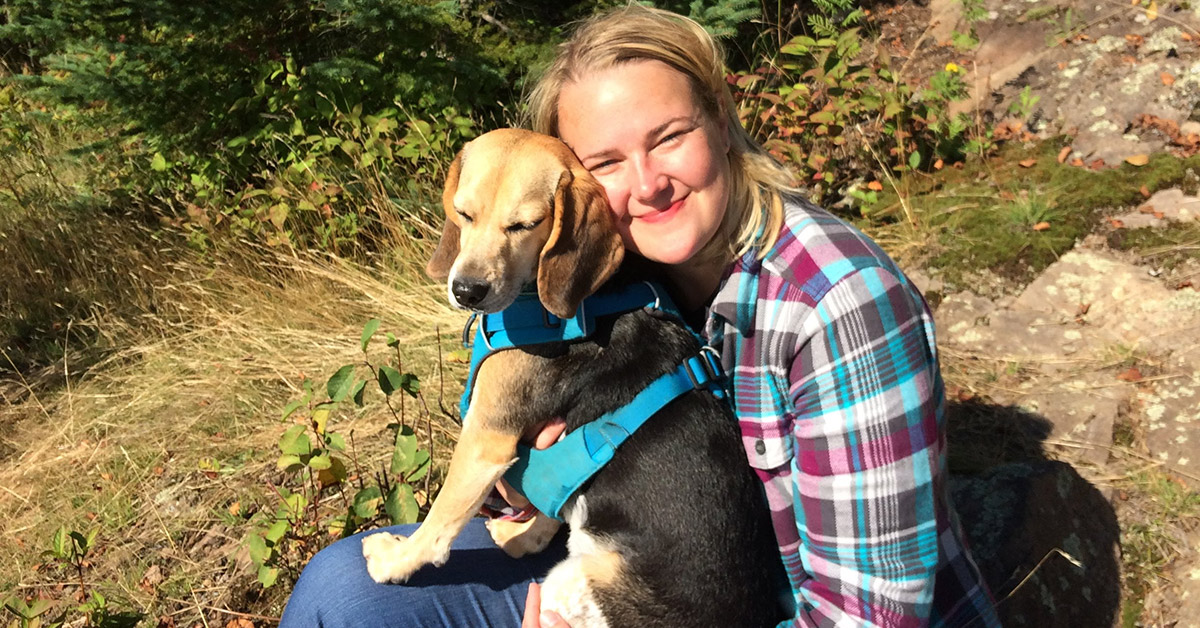Coordinator of Community Partnerships
Hopkins Public Schools
Minneapolis, MN
“During COVID-19, I help to ensure children in the Hopkins school district are fed, mentally and physically well, and safe.”
In what ways are you working on or responding to the COVID-19 outbreak?
Prior to the pandemic, I coordinated a community coalition focused primarily on mental health promotion, substance abuse prevention, and healthy youth development for Hopkins Public Schools Community Education. In early March 2020, the school district formed a COVID-19 Pandemic Task Force. I am co-leading a subcommittee focused on community outreach and support. As a group, we identify and respond to the changing needs of our students and families. We are currently mobilizing volunteers and building systems to connect schools and volunteers to meet the growing needs of our families and staff, including: food insecurity, hygiene and household supplies, mental health support, and more. I am also leading a mental health subcommittee focused on determining how to deliver continued mental health support to our students over the summer months.
Please describe an act of kindness, positivity, or goodness that you’ve noticed through all of this.
While distance learning presents additional challenges for many students, some students are thriving. We are hearing from some students that their anxiety and depression symptoms are improving at home, that they are taking care of themselves better, and feeling relieved from the pressures of school drama and fitting in. Of course, for other students staying at home presents increasing stressors and mental health challenges. We are working hard to ensure these students have access to the resources and support they need.
Do you think this pandemic will inspire people to think about public health differently? How so?
The COVID-19 pandemic has forced an awakening about the importance of public health and has brought national attention to many of the issues public health professionals have been aware of for decades including health disparities and racial injustices. At the same time, stigma around mental health and mental illness is lessening. Air quality is improving with the reduced carbon emissions from those sheltering-in-place. Out of necessity or curiosity, families are trying to prepare more meals at home and many are turning to local food sources. Many individuals are exercising more. The challenges, complexities, and promises for a healthier future have always driven the profession of public health, and that is exactly why I am so proud to be a contributor in the field.

